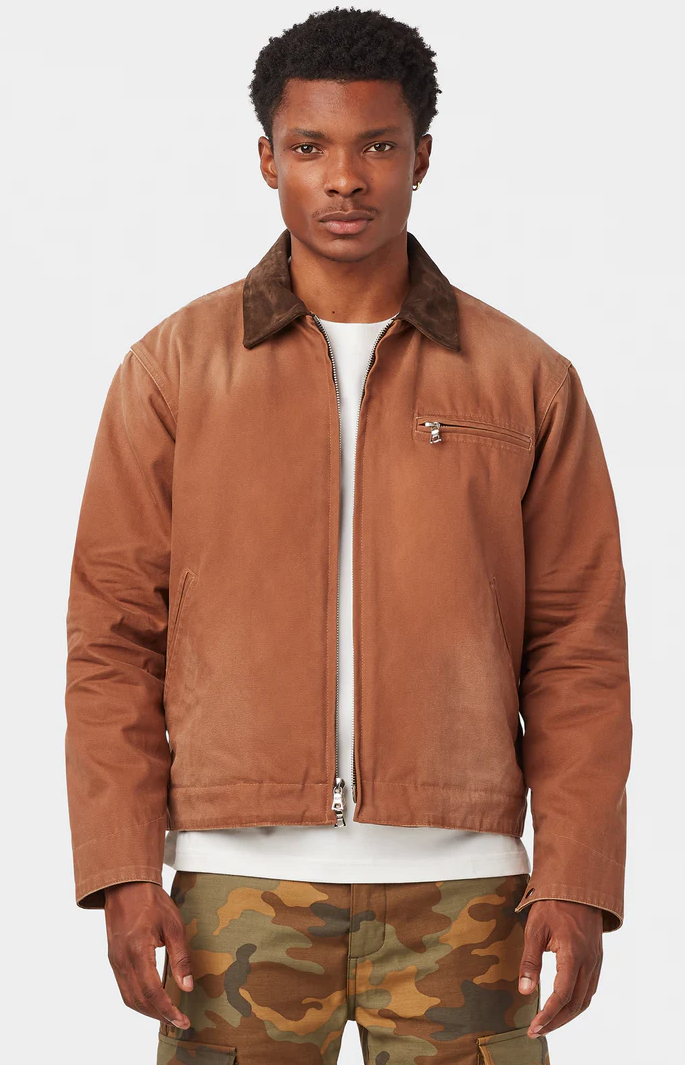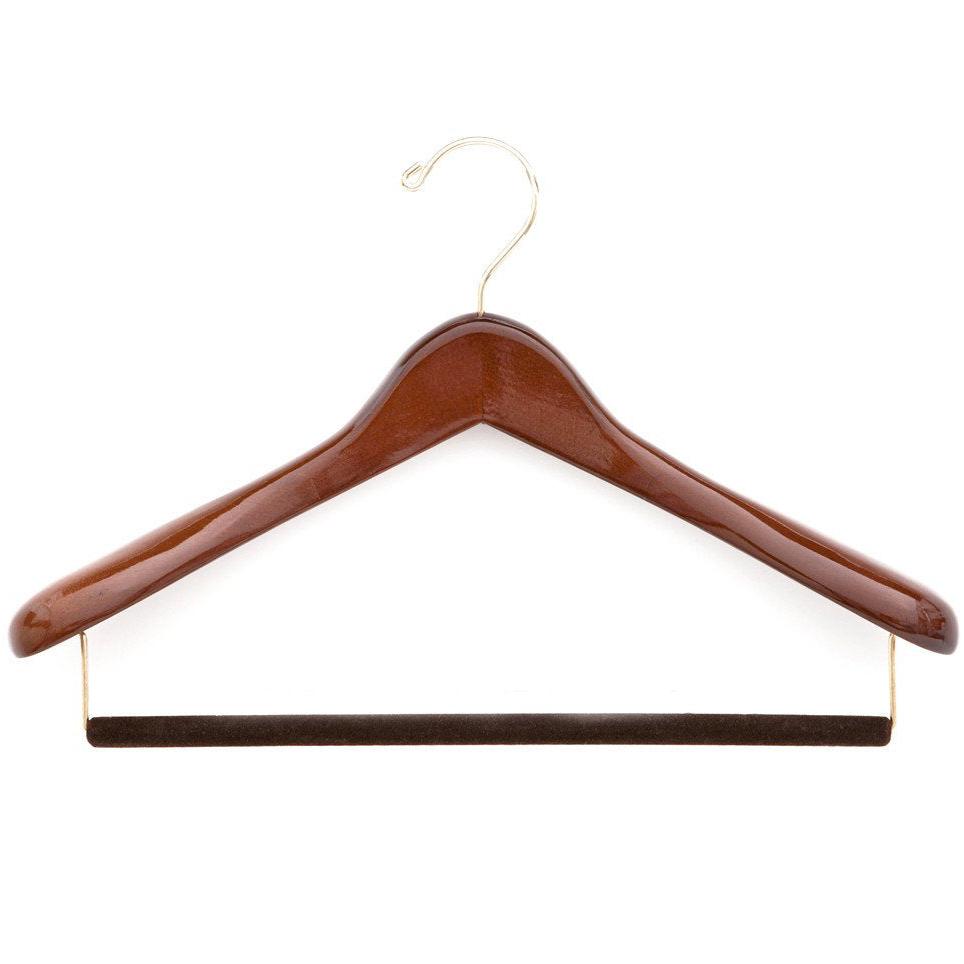Academic2
Distinguished Member
- Joined
- Jul 29, 2013
- Messages
- 2,946
- Reaction score
- 4,276
[...] I don't think it's appropriate to teach adults in shorts, sandals, and a t-shirt. It just doesn't seem professional to me; yes, I know that makes me sound like a grumpy old man, but I've thought that since I got in the higher education sphere at 29 (and when I started my career as a primary/elementary school teacher at 21).
Unless I was teaching in, say, the Bahamas I would agree.
As a purely practical matter of pedagogy, I think it's important to be consistent in the signals we are sending students. If we want them to take what we do seriously, and by extension take seriously their own education and the idea of the university, then it seems to me we should dress in a way that communicates that seriousness of purpose.
It's a bit like an orchestral conductor wearing a tailcoat. It won't make one a better conductor, but it's a cultural cue which says to the audience, "This is serious. Pay attention."
Cheers,
Ac



